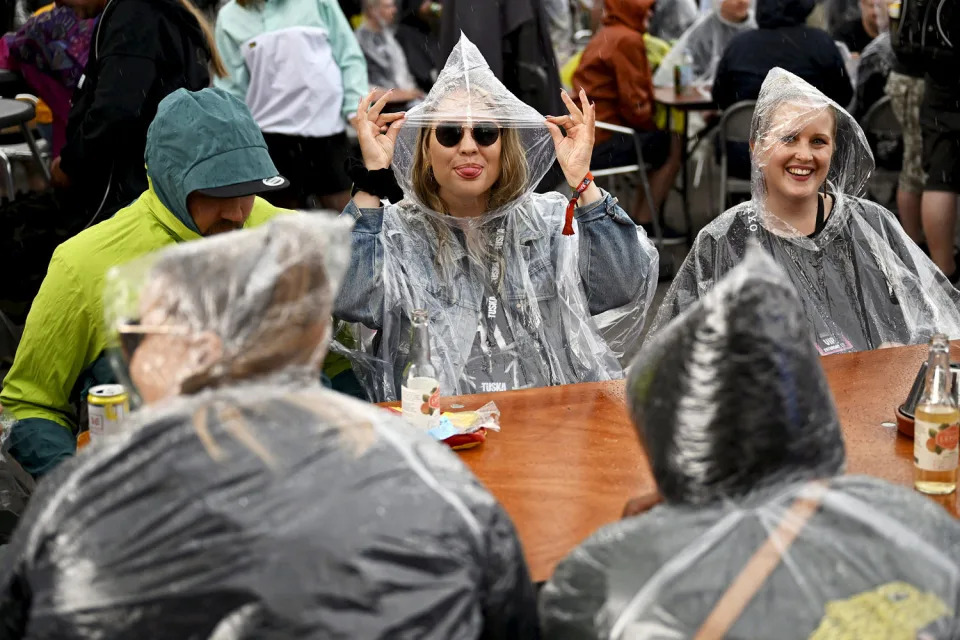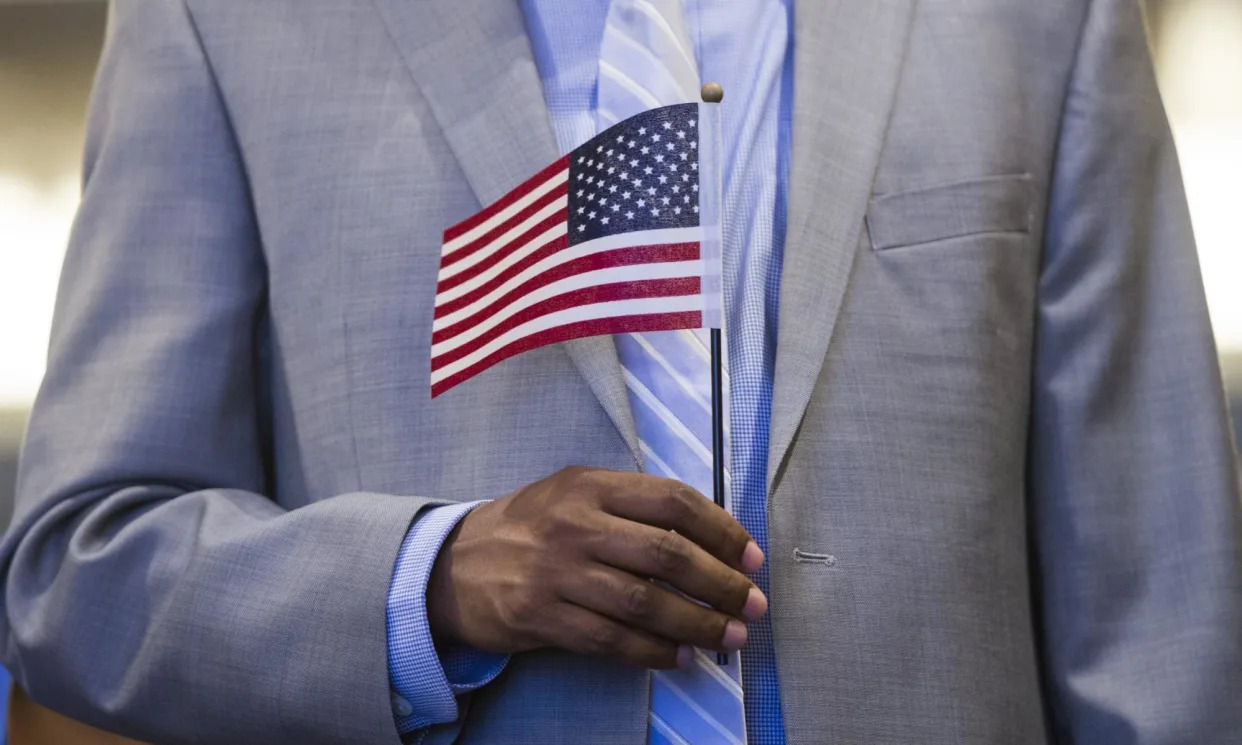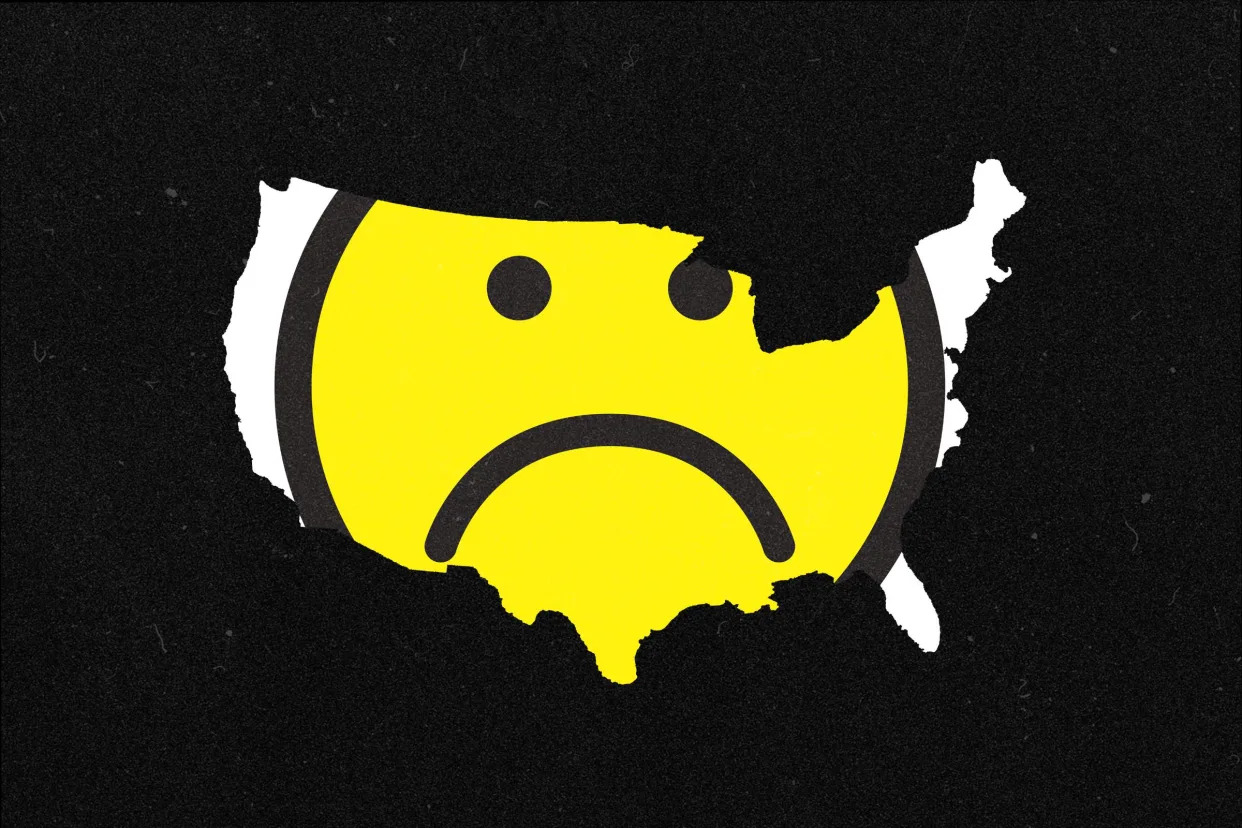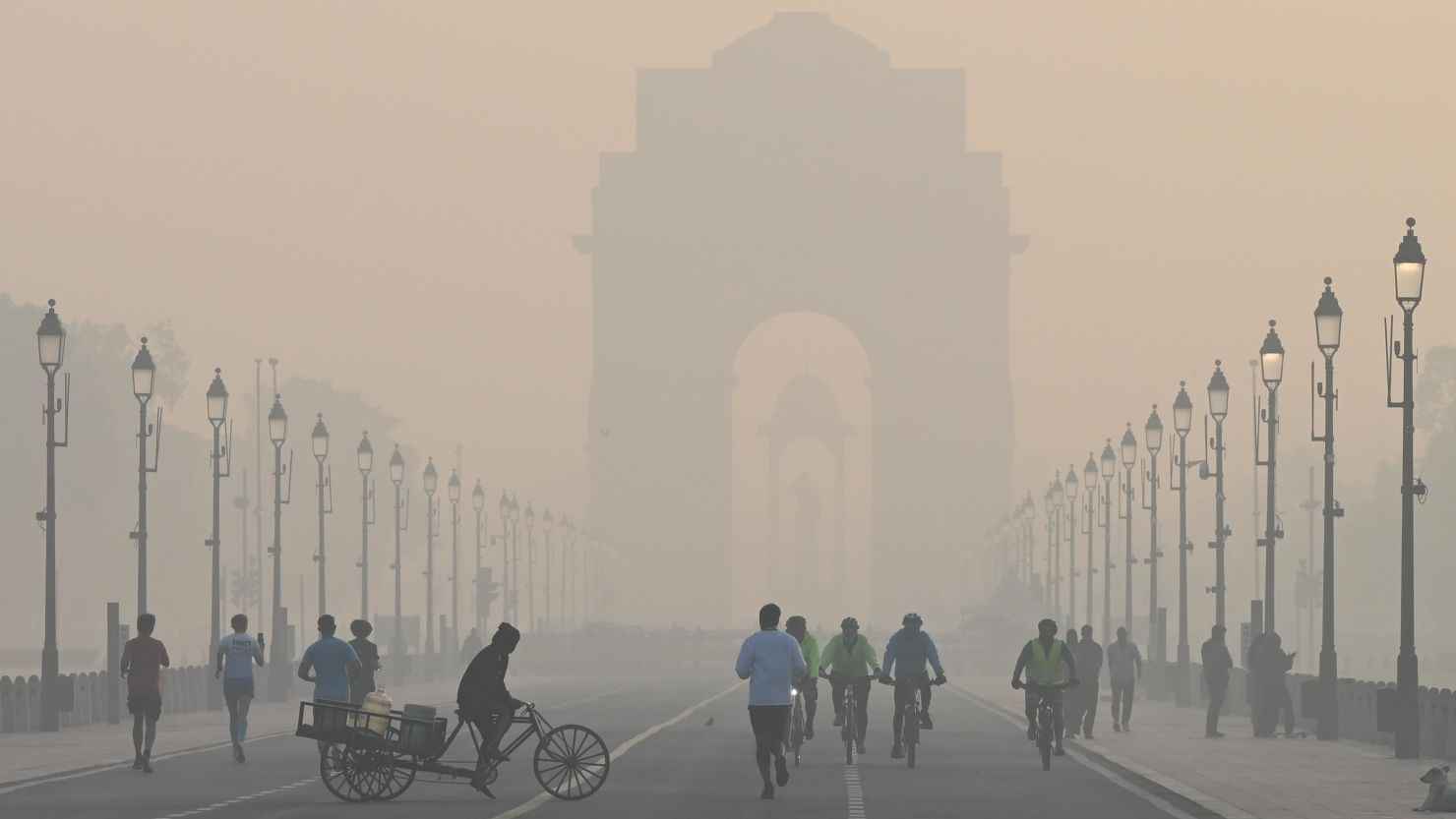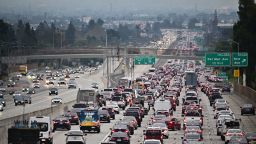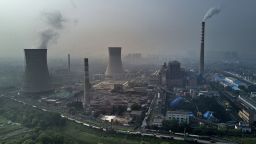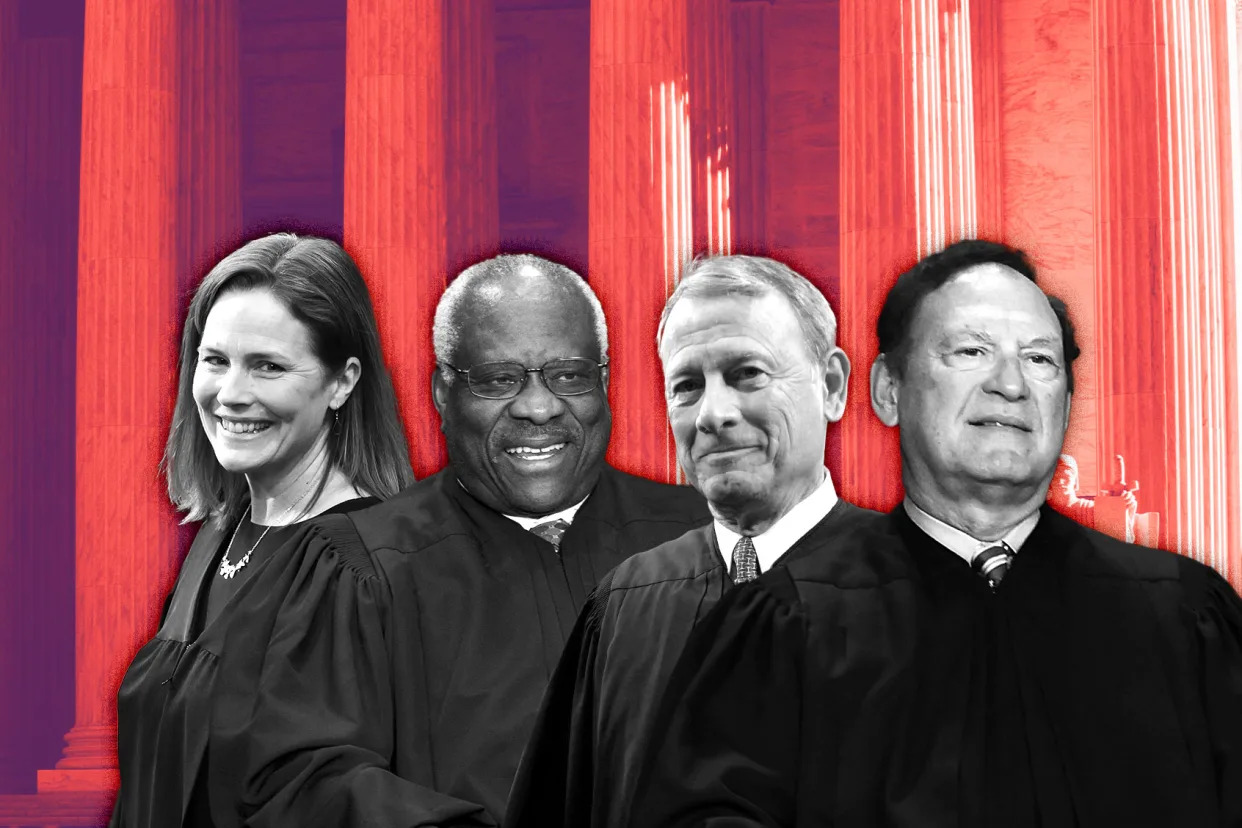Business Insider
Finland has been crowned the happiest country in the world for the 7th year running. See the top 20.
Beatrice Nolan and Ana Altchek – March 20, 2024

- Finland has been named the world’s happiest country for the seventh year in a row.
- The World Happiness Report released its annual rankings of the happiest countries on Wednesday.
- The US fell out of the top 20 as youth happiness plummeted.
Finland has been crowned the happiest country in the world for the seventh consecutive year.
The World Happiness Report released its annual rankings of the happiest countries on Wednesday, with the majority of the top spots going to European nations.
The report, published by the United Nations Sustainable Development Solutions Network, relies on data from the Gallup World Poll, which is analyzed by some of the world’s leading well-being scientists.
The rankings represent the average view of life satisfaction in respective countries, known as “subjective well-being.”
Finland has managed to hold onto the top spot despite Denmark significantly closing the gap between first and second place.
On the flip side, Afghanistan, which was also ranked in last place in 2023, dropped even further for average happiness. America also saw a drop in perceived quality of life, dropping out of the top twenty countries for the first time since the report was published.
Young Americans ranked the lowest, with Gen Z loneliness increasing.
Here’s the full list of the top twenty happiest countries in the world, according to the report.
20. United Kingdom

According to the report, older people in the UK are significantly happier than younger age groups.
Despite the UK maintaining its ranking, a recent report from US nonprofit Sapien Labs’ Mental State of the World Report said that the UK is the second most miserable country in the world. It ranked below Ukraine, and the report indicated that factors like having a smartphone at a young age, eating highly processed foods, and decreased social relationships contributed.
19. Lithuania
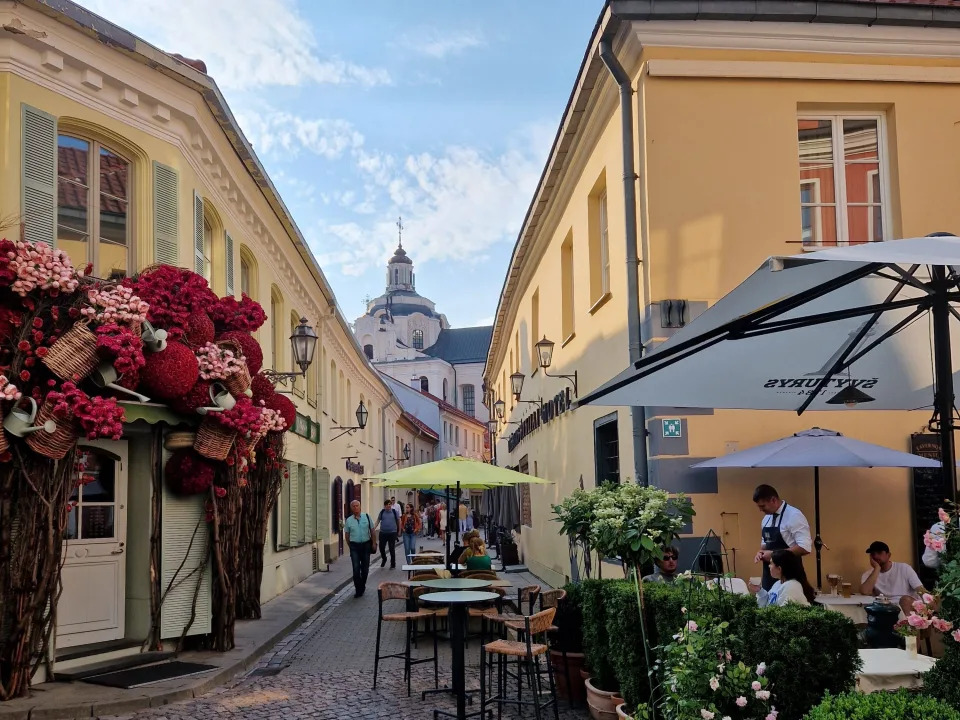
While it’s No. 19 overall, Lithuania ranked as the happiest country for you people, according to the Gallup report. The country’s capital city, Vilnius, is known for attracting young workers from across the globe because of better work opportunities.
18. Czechia
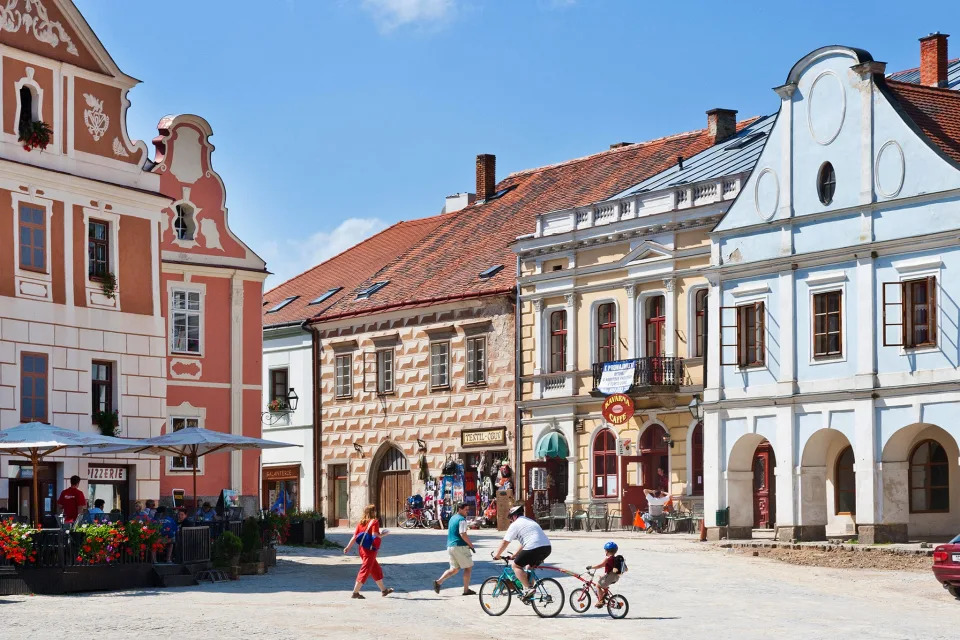
Czechia maintained its ranking as 18 for the second year in a row. The country is known for its strong work-life balance and low cost of living.
According to the report, growing happiness in Czechia and other transition countries of Eastern Europe, like Lithuania and Slovenia, is partially why the US and Germany have fallen below the top 20 mark.
17. Ireland
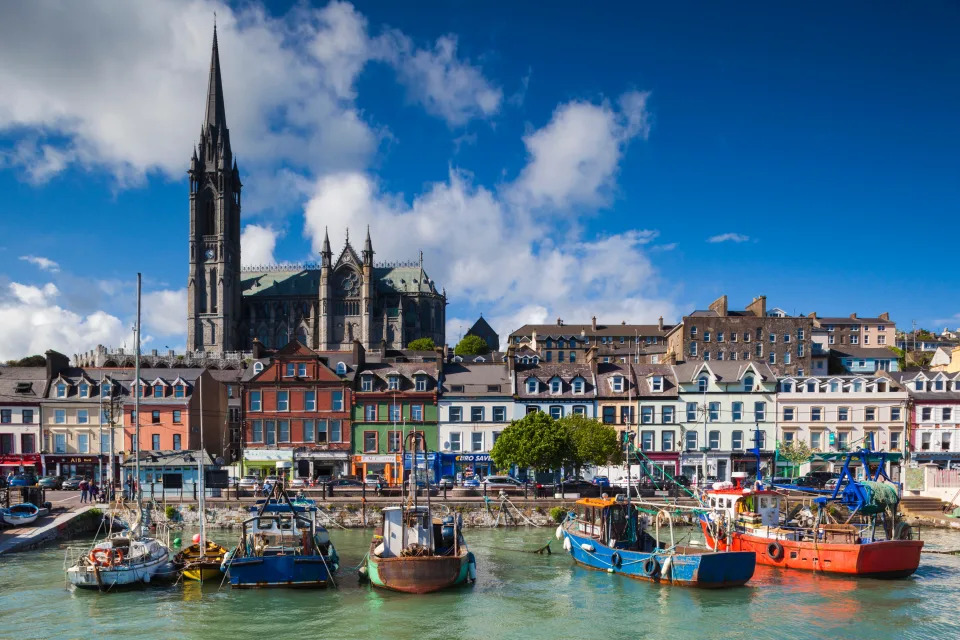
Ireland has a slower pace of life and is full of cultural traditions, with drinking being a big one. It also has affordable healthcare and a good work-life balance where weekend getaways are common and encouraged.
16. Belgium
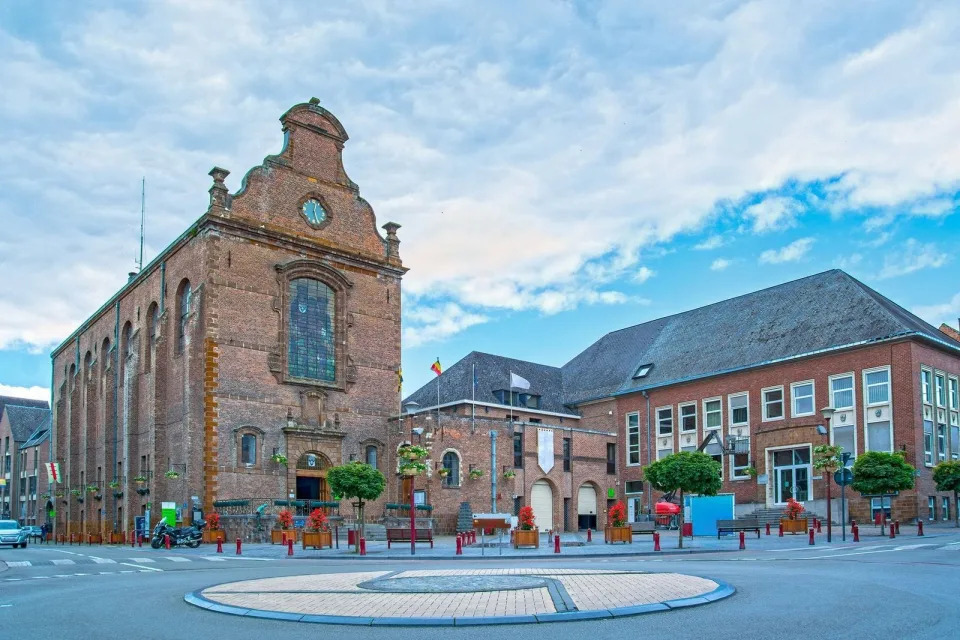
Despite a high tax rate, many companies in Belgium offer perks like company cars, meal stipends, and affordable healthcare.
Antwerp, the biggest city in the Flanders region of Belgium, has previously been named one of the happiest cities in the world.
15. Canada
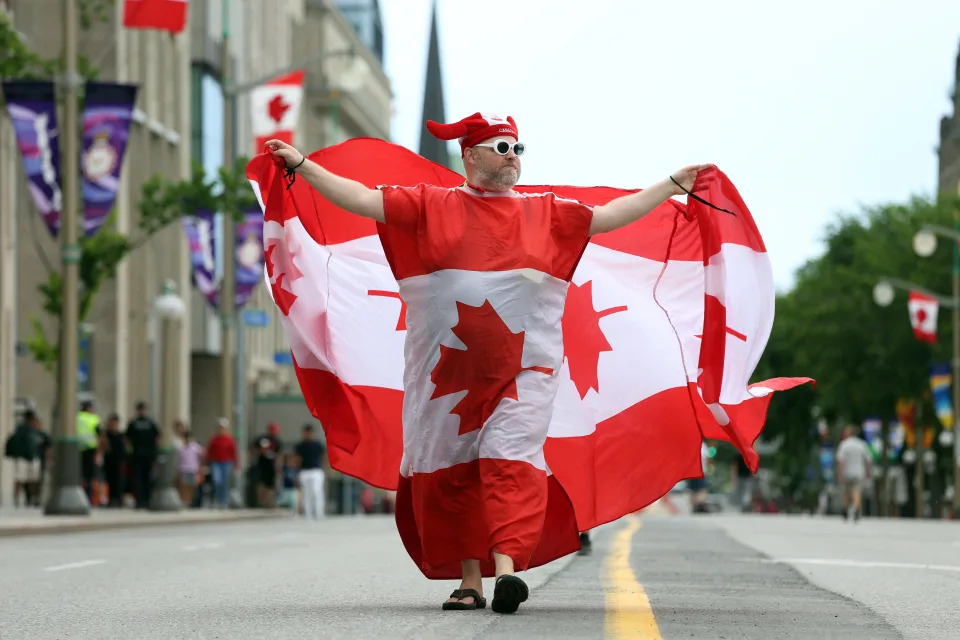
Canada and the UK are the only countries with populations over 30 million that made the top 20 ranking in the report.
Older Canadians are significantly happier than younger age groups in the country. According to a breakdown of younger and older residents in each country, Canadians under 30 ranked 50 points lower than those 60 and older.
14. Austria
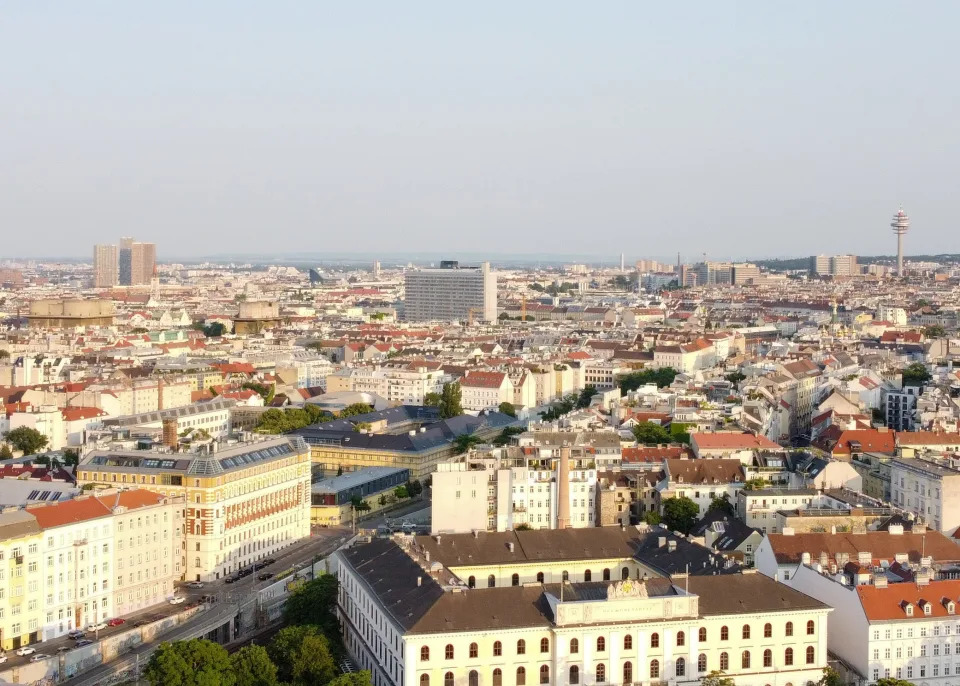
Many Americans have moved to Vienna and Linz for better work opportunities and overall quality of life. Shortages in engineering, nursing, and baking have opened up opportunities for people living in other countries.
One expat dad living in the country said his overall mental health improved in Austria and the move relieved some of his anxiety related to work. He also gets to travel more easily and spend more time with his family.
Austrians get 38 days of paid time off per year, with 25 days of paid vacation and an additional 13 public holidays off.
13. Kuwait
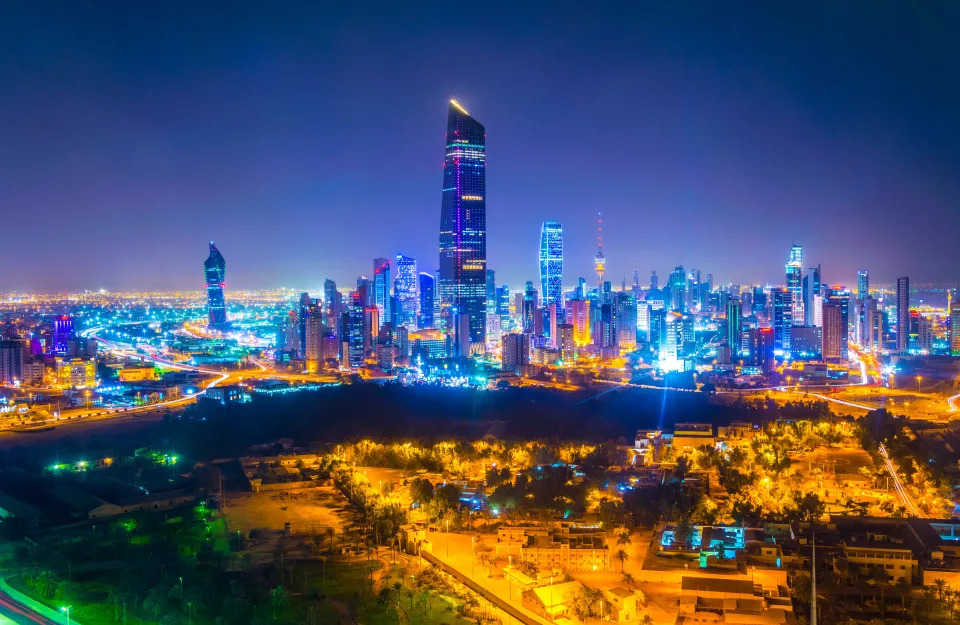
Kuwait is newly ranked in the top 20 happiest countries. Workers in the private sector get 30 days of paid time off a year, one of the highest amounts of PTO in the world.
12. Costa Rica
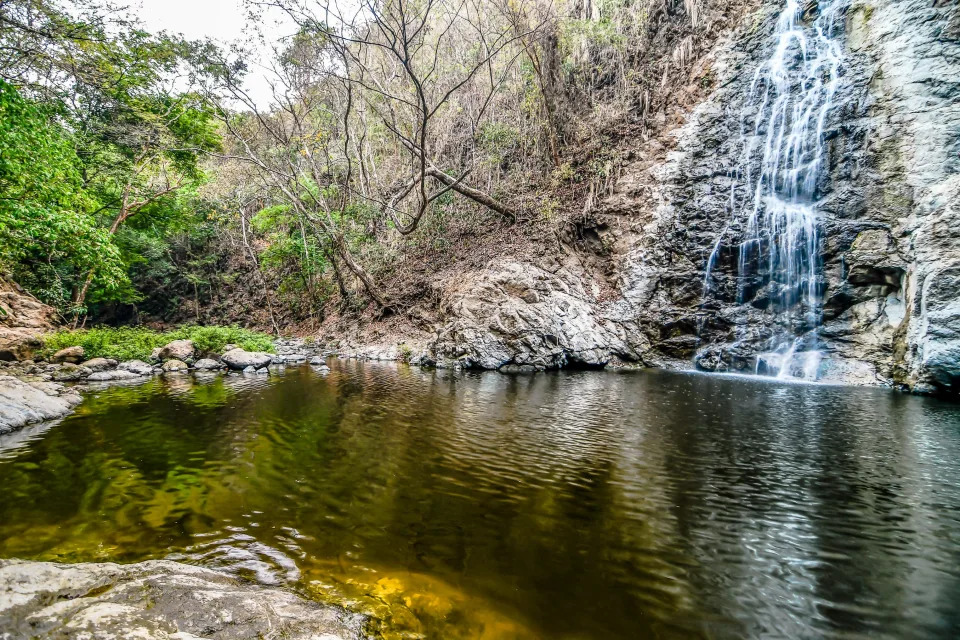
Costa Rica returned to the top 20 list after earning the same ranking in 2012, according to the Gallup report. Housing isn’t cheap, but some residents save money on utilities and transportation.
Others have reported improved mental health after moving there from the lifestyle and culture that centers around wildlife and nature.
11. New Zealand
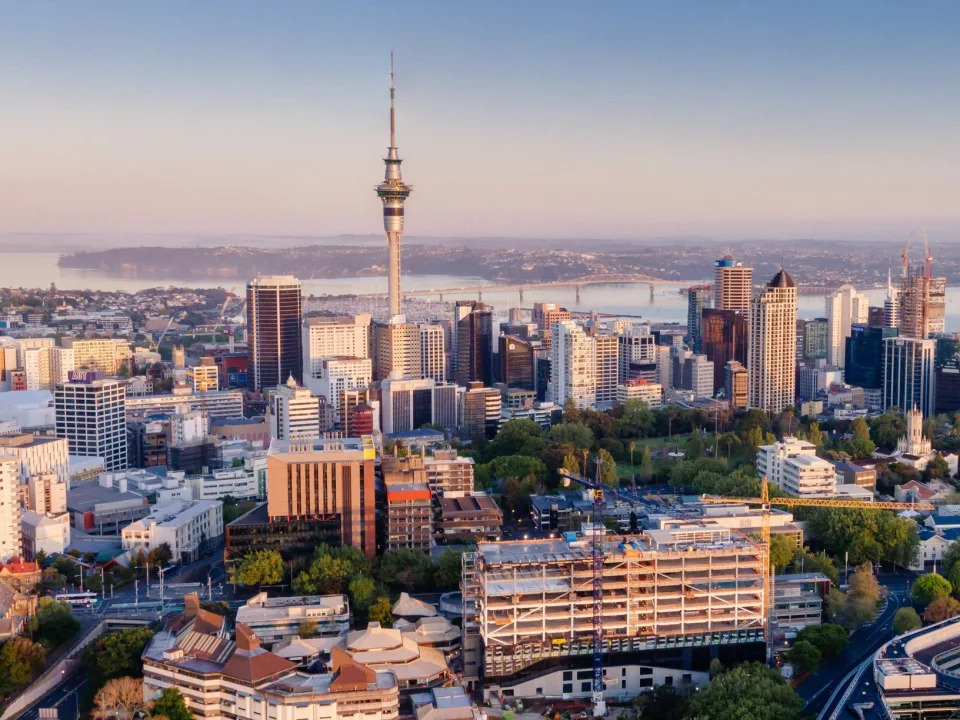
According to some Americans who moved to New Zealand, housing costs are high, and buying options are limited. But work-life balance is better, and education and healthcare come at a lower cost.
Despite its high ranking, the report reveals that younger people living in New Zealand are significantly less happy than older residents. A separate list comparing young and older age groups in each country found that Kiwis 60 and older ranked in sixth place in happiness globally, while Kiwis under 30 ranked at 27.
10. Australia
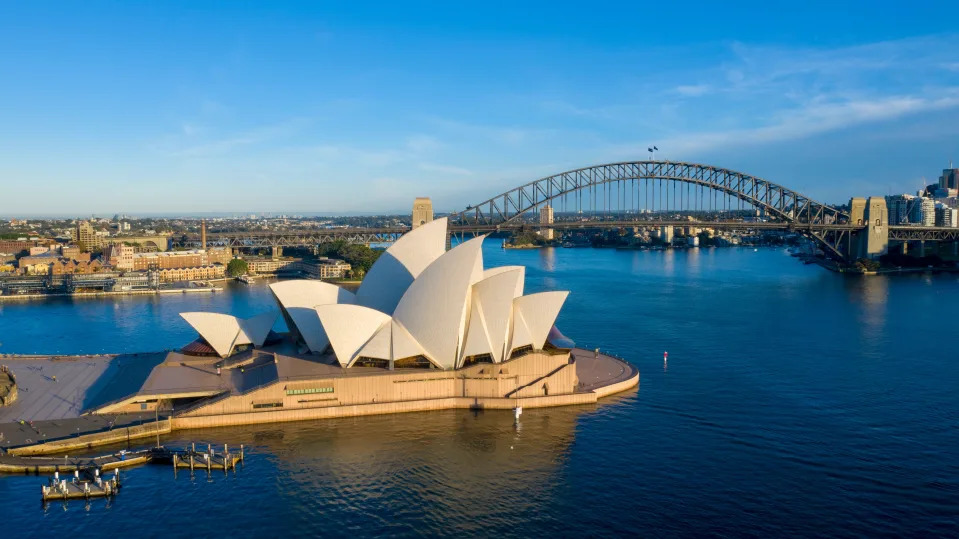
Australia has a reputation for offering one-of-a-kind experiences in nature, like snorkeling with turtles off the Great Barrier Reef or observing kangaroos in wildlife preserves. It’s also known for its laidback culture and relaxing vibe.
9. Switzerland
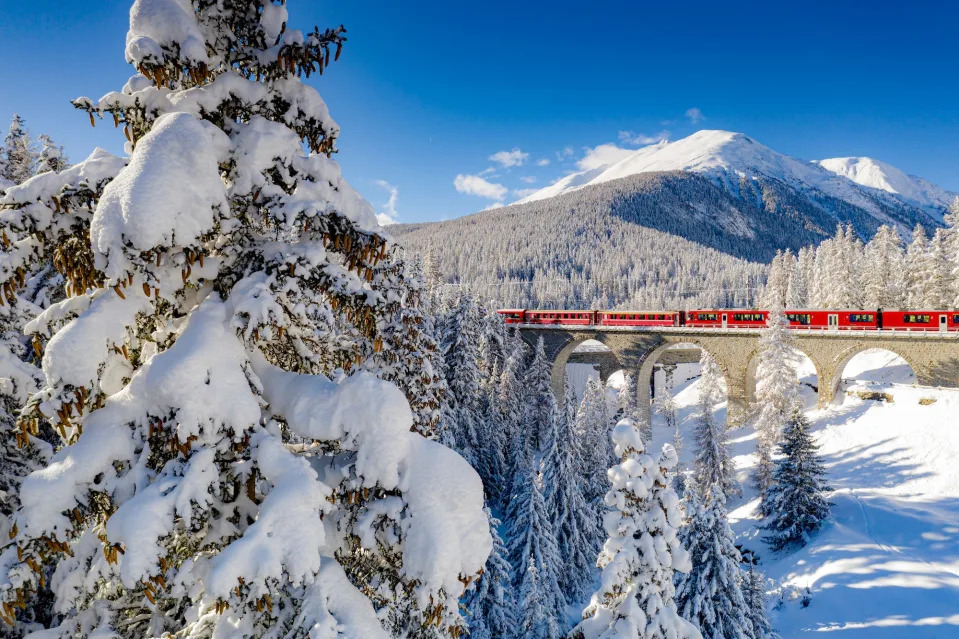
Switzerland was previously named the world’s best country by US News & World Report, and its business-friendly culture was a big part of the ranking.
Switzerland is a hub for raw materials like oil, and the country may also benefit from its historical stance of neutrality during international conflicts.
8. Luxembourg
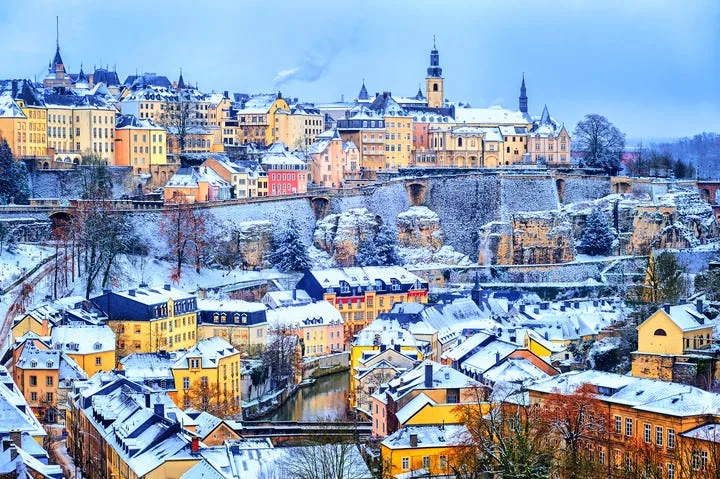
Luxembourg is known for its rich history, tasty pastries, and fairytale aesthetic in some of its villages like Echternach.
According to an American student who moved there for grad school, the lower cost of tuition and cheaper healthcare necessities were a perk. Other notable factors included an efficient transportation system and a strong work-life balance that made a difference for her.
7. Norway
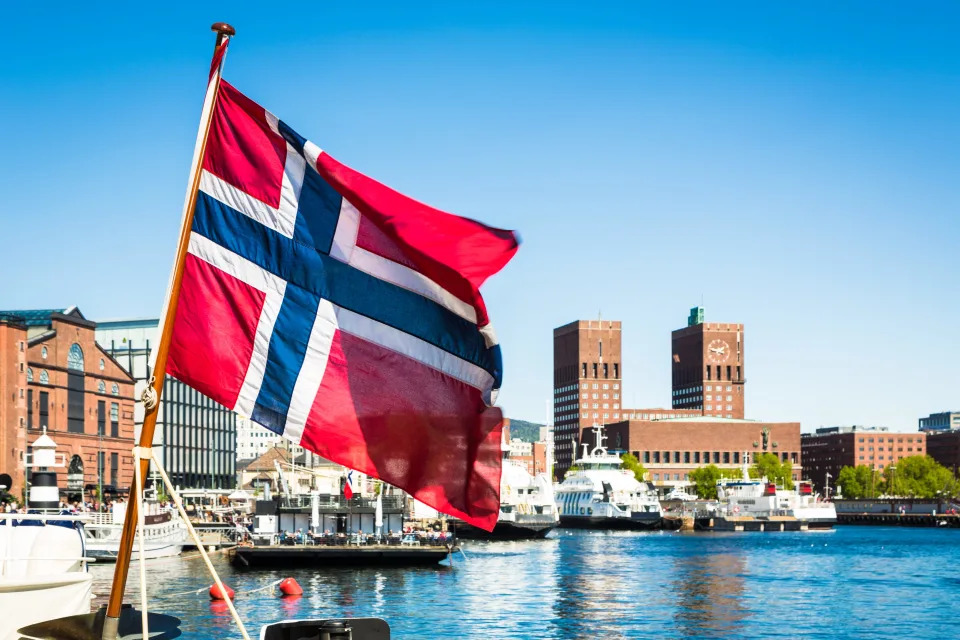
Norway maintained a high ranking in the report, but it also experienced a drop in scores among younger age groups.
While the weather doesn’t bode well for everyone, the country’s capital Oslo has previously been ranked as the best city in the world for work-life balance. Oslo has high employment opportunities in the life sciences, IT, and energy and environmental technology sectors.
6. The Netherlands
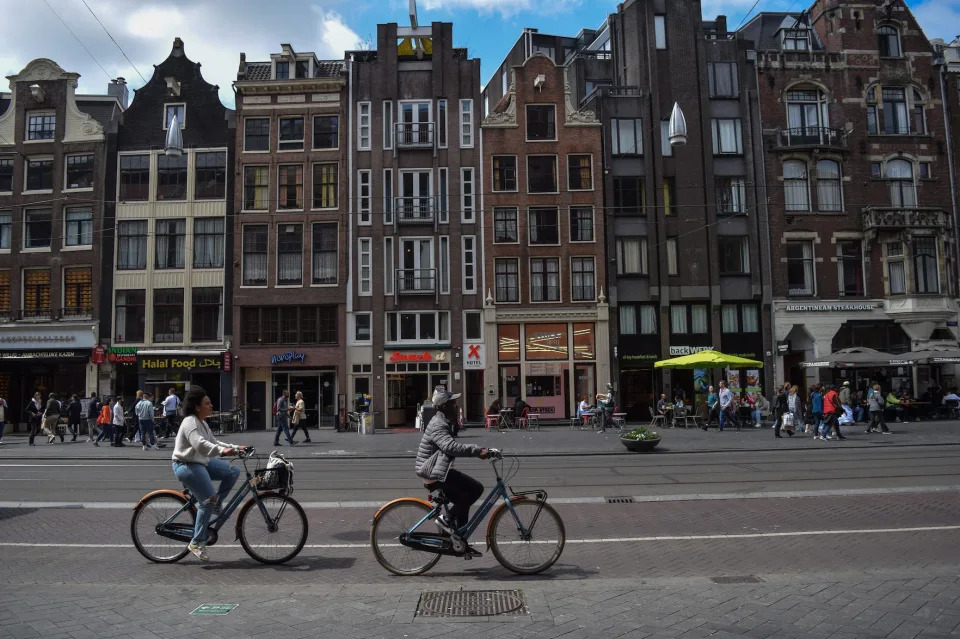
A large part of Dutch culture lies in the concept of “niksen,” or doing nothing. Dutch residents value relaxation and tend to be friendly and welcoming to others.
The country is also known for its transportation system and Dutch-style home mortgages that make it easier for some residents to buy property.
5. Israel
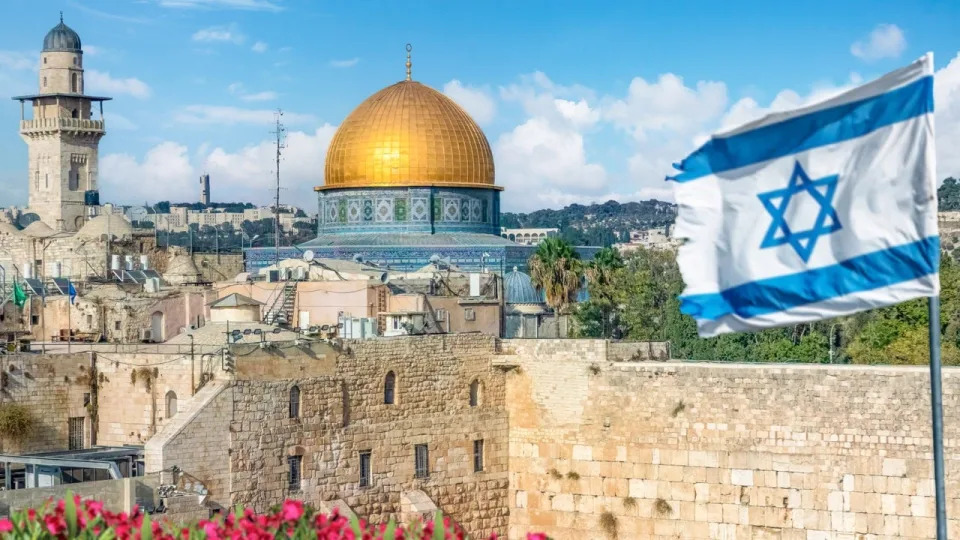
Israel remained in the top five happiest countries in the world, moving down one ranking and 0.9 of a percentage point from last year. While the poll was taken before warfare in Gaza escalated, it was taken after the October 7 attack and hostage crisis.
With men and women joining the military at 18 years old, Israelis value living live in the present. The country also places high importance on community and family life, and less emphasis on work and status.
4. Sweden
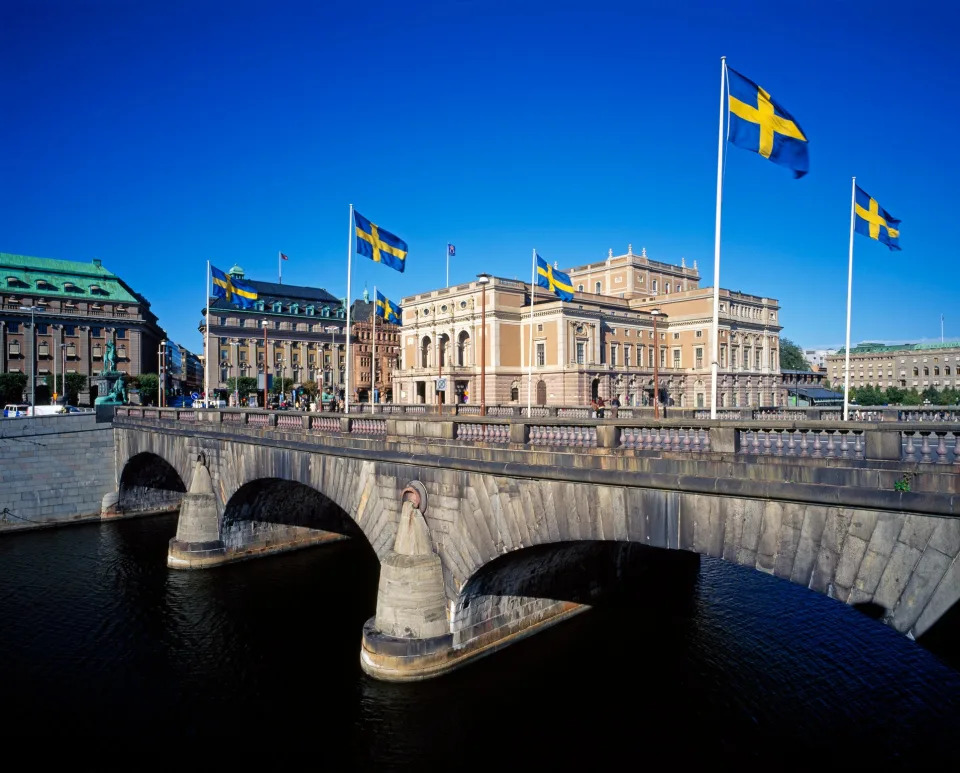
According to the Gallup report, older Swedish people are significantly happier than younger age groups in the country.
Sweden is known for its high level of safety and strong work-life balance. According to one consultant from California who moved to Sweden, it took two years to secure a full-time job but now she gets six weeks of paid vacation time and also secured a free master’s.
3. Iceland
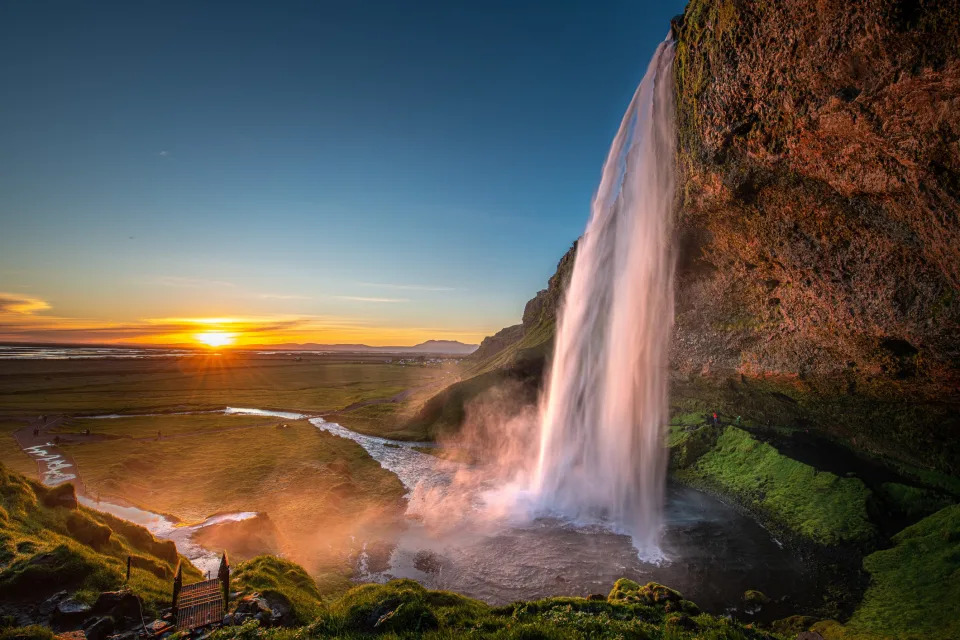
Despite limited sunlight in the winters, Iceland managed to rank in the top three happiest countries for the second year in a row. While rent is rising in Iceland, it’s still cheaper than in other countries, and the cost of living is relatively low with healthcare heavily subsidized and nearly free.
2. Denmark
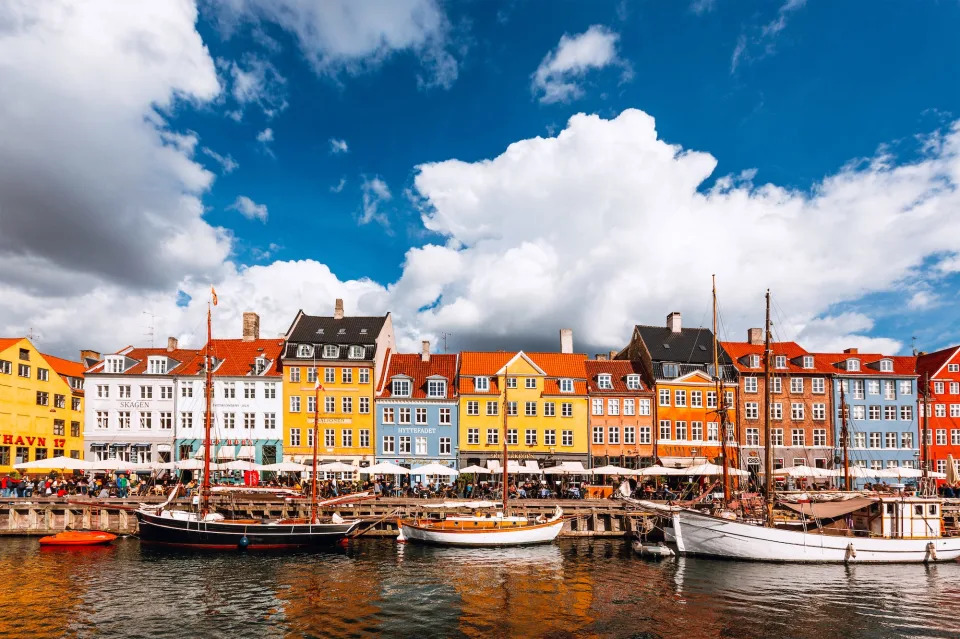
Denmark is known for its “hygge” culture, which is the Danish concept of relaxing and enjoying simple comforts — the term is used in different settings to reinforce the idea of having fun.
The country is also known for its exceptional childcare, with Copenhagen ranked as one of the best places to raise children.
1. Finland
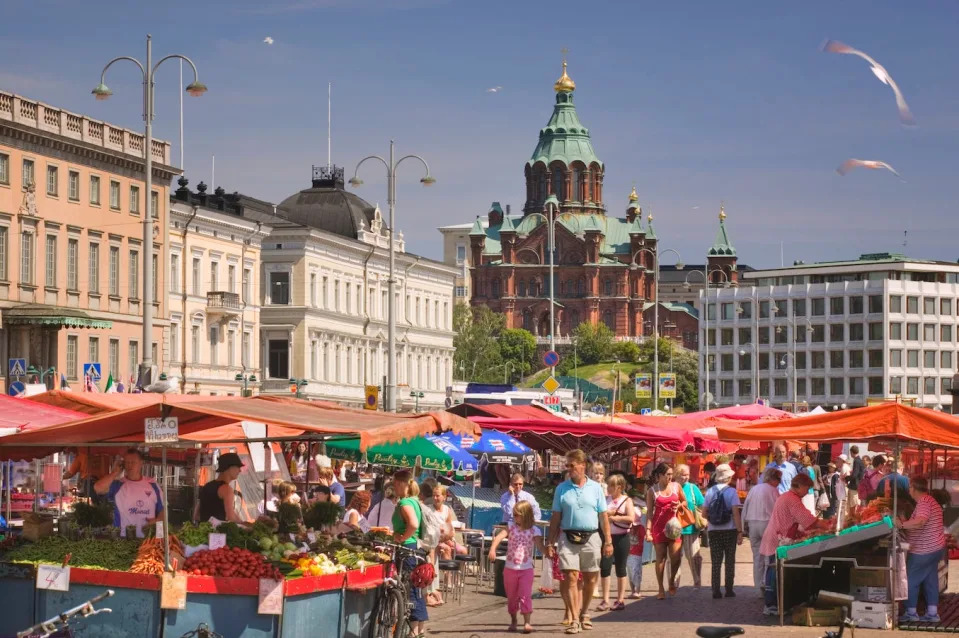
Finland has a strong sense of democracy, and its public institutions and policies reinforce it.
Some attribute the high satisfaction of its residents to its welfare policy, which covers necessities for residents from “cradle to grave.” The policy offers free healthcare and free education from elementary school to college.

